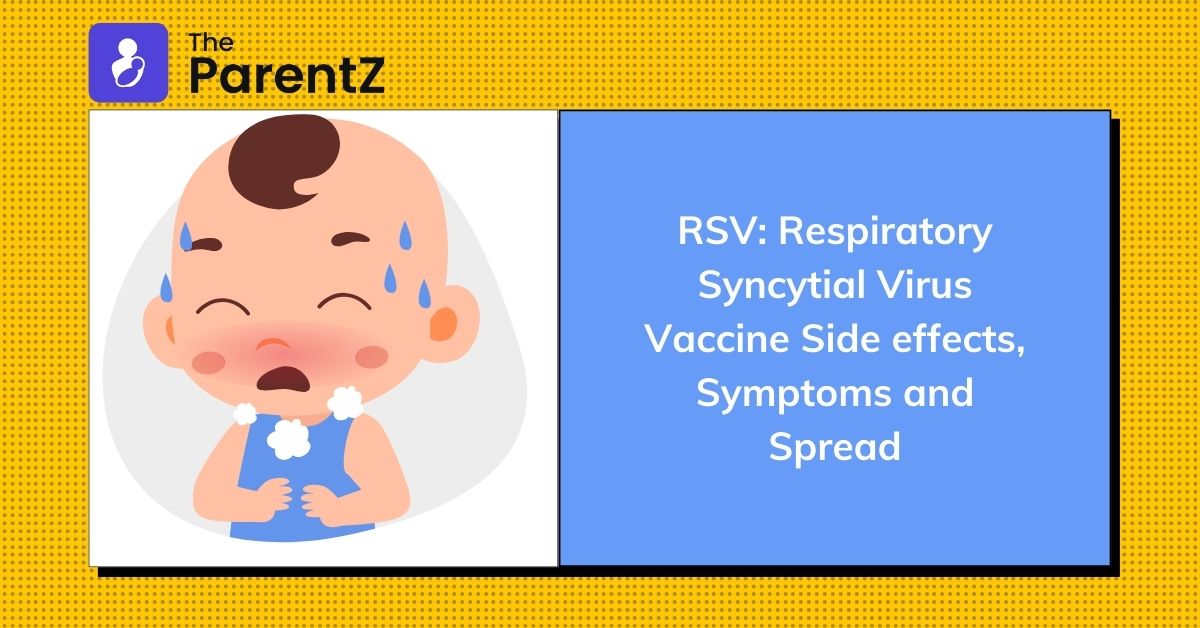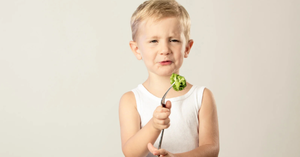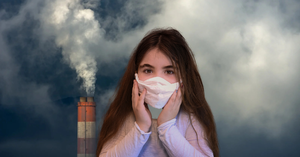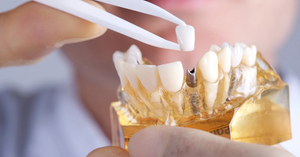When to give shot?
Even though trials are underway, RSV does not have a licensed vaccine. Protection against RSV is given by an active antibody shot. It has been approved and recommended by health authorities in various countries. The RSV active immunisation is called the Nirsevimab. A single dose is recommended for immunisation and is given to children under 8 months. A second dose is also recommended for older children aged between 8 – 19 months but only if they suffer from a pre-existing lung condition or chronic disease.
Why should the shot be given?
RSV shots should be given to protect your child against respiratory infection. RSV shot is an active antibody which provides protection as soon as it is injected. It protects against the disease and also reduces the severity. You should definitely give your child the RSV vaccine if the child is young and it is the first RSV season they are facing.
What are the side effects?
The side effects of active immunisation by anti RSV antibody in young children are:
- Local reactions may develop. This includes pain, swelling and redness in the area where the vaccine was injected. This is not a cause for concern and it will resolve spontaneously over the next few days.
- Fever may develop post vaccination. Fever can be treated at home itself with antipyretics such as paracetamol being given. This thing to consider during giving your young child medicine is that the dose should be correct according to the age and weight of the child and overdosage has to be avoided.
- Anaphylaxis or an allergic reaction to the vaccine may occur. Allergic reaction is more common with the adsorbed tetanus vaccine than combination. It can be recognised early by reddening of skin and generalised itching followed by difficulty breathing. A child who develops anaphylaxis should be brought to the hospital immediately. It can be managed by giving a shot of anti-allergic and anti-inflammatory agents immediately.
What is RSV?
RSV refers to respiratory syncytial virus. An RSV virus is a highly contagious virus which causes respiratory infections across all age groups. The most severe disease develops at extremes of age, with children under 6 months of age being highly susceptible.
What are symptoms of RSV?
RSV is a virus which mainly affects the respiratory system and causes acute respiratory infections. It has the following symptoms:
- The child develops a fever and cough.
- The child has a runny nose.
- The child is constantly coughing and sneezing.
- The child becomes irritable.
- The child becomes lethargic with a decreased energy.
- The caregiver can notice a decrease in appetite of the child and the child refuses feed.
- In severe disease, there may be presence of a wheezing sound when the child breathes out.
- The child may develop difficulty breathing.
Is RSV serious?
RSV infection, even though it may be harmless and short for adults, is pretty serious for children and small infants. Younger children are at an increased risk for development of a serious disease. Babies under the age of 6 months develop the most serious disease. It can adversely affect the lung and the respiratory tract sometimes upto the point that the child may need external support for breathing.
How does RSV spread?
RSV mainly spreads by droplets released by an infected person which contain the virus. The virus can enter your child’s body through different routes of which the respiratory tract is most common. Other routes occasionally include the conjunctiva of the eye or mouth. Another method of transmission of the RSV is through touching objects which have the virus on the surface but this is possible only for a short duration.









Be the first one to comment on this story.